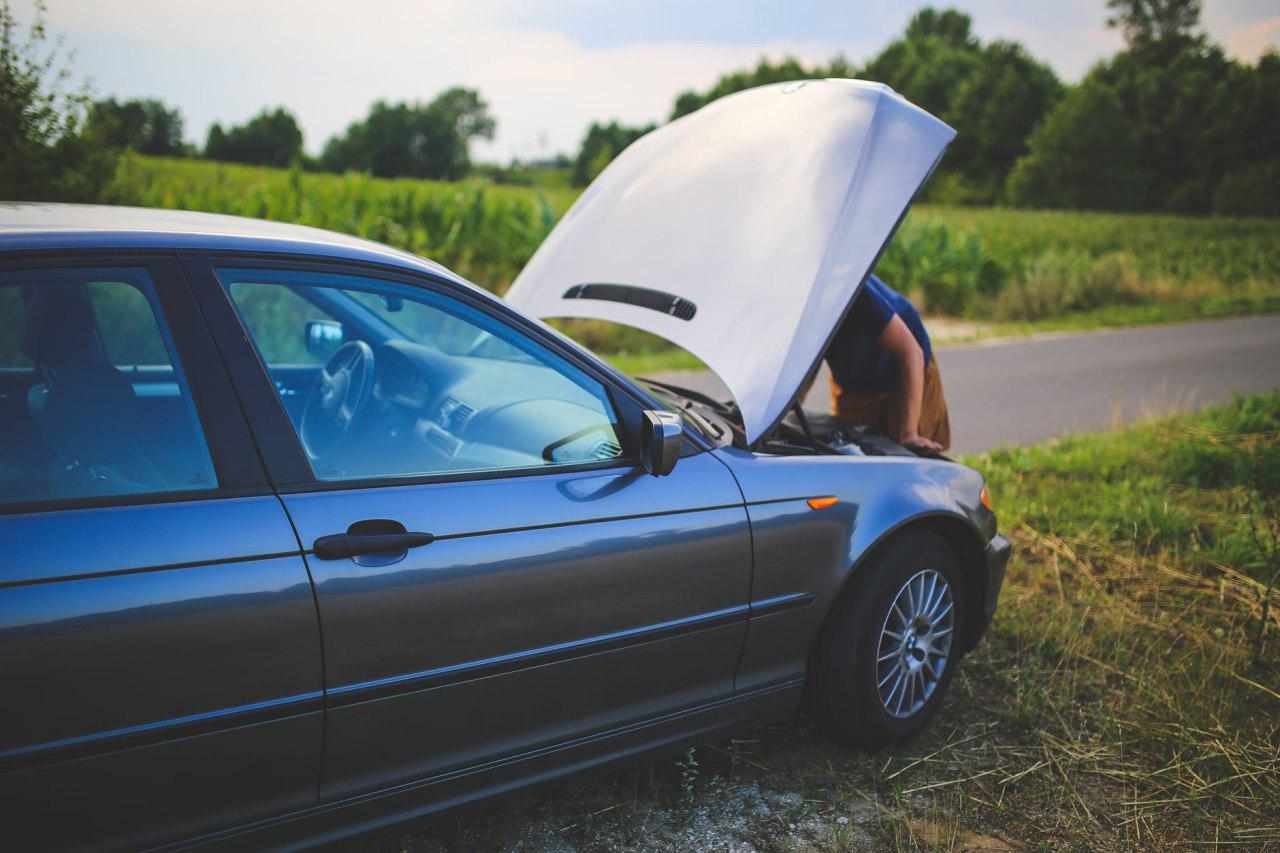
Something that everyone dreads whenever they get into their cars and drive off somewhere is dealing with a problem en-route to their destination.
Car breakdowns are problems that affect millions of people in the United Kingdom each year, and are usually worse during the colder months of the year.
Although recovery firms aim to get to motorists within the hour, some motorists could face waits of several hours during peak periods – something which can obviously make them feel rather frustrated, anxious and stressed.
If you want to make sure that your car doesn’t break down on the road, here are some expert tips to keeping your car well-maintained!
Make sure your battery is in good working order
One common reason for cars breaking down is the fact that the batteries contained within them are faulty or flat. Car batteries are only really good for around 5 years on average, so if your car has an old battery then you should consider replacing it soon.
Replacement batteries are available to suit all budgets, but if possible you should opt for a premium brand of battery that offers more CCAs (cold cranking amps) to help you start your engine the first time, regardless of the weather conditions.
Check your tyres on a regular basis
It’s never a nice thing driving along somewhere and suddenly having a tyre blow-out (especially on the motorway), or driving to your destination and finding out, to your horror, that you’ve got a flat tyre due to a puncture.
As part of your weekly car check ritual (you are doing weekly checks on your car, aren’t you?), you should ensure that your tyres are above the legal tread limit of 1.6mm, that there is no uneven wear on the drive wheels (this can be caused by incorrect wheel alignment), and that there are no punctures, tears or deformities on your tyres.
Don’t play the fuel light lottery
Because of the rising cost of petrol and diesel in the United Kingdom, many people tend to drive their cars with little fuel in their tanks because they can’t afford to fill up, especially if they drive a car that requires high octane petrol.
The problem with such practises is that if your fuel gauge is reading incorrectly (perhaps due to a faulty fuel gauge sender unit), you could be rolling around with less fuel in your tank than you thought, causing your engine to be starved of fuel and eventually stop running!
Thousands of people each year in Britain have to call their breakdown recovery firms to rescue them because they have run out of petrol or diesel in their cars!
Make sure your car is serviced regularly
Carmakers have certain recommended intervals for services being performed on their vehicles, and whilst some newer cars can get away without being serviced for say 20,000 miles, some folks don’t bother having their cars serviced at all.
Oil (and oil filters) have to be changed on a regular basis because over time the oil becomes thin and inefficient at stopping friction from internal moving parts, and fouled spark plugs can cause misfires and significantly worse fuel economy than the car should be expected to achieve.